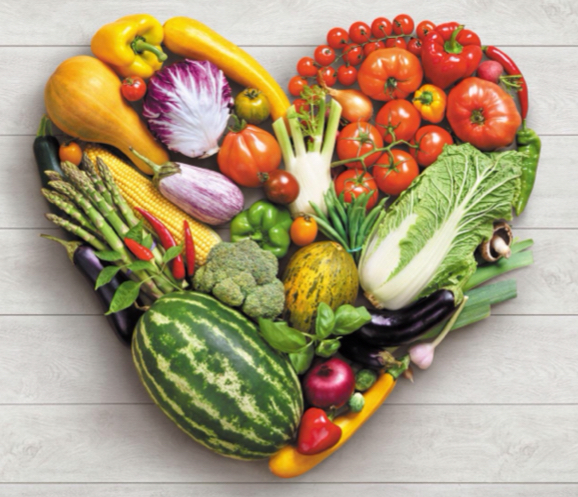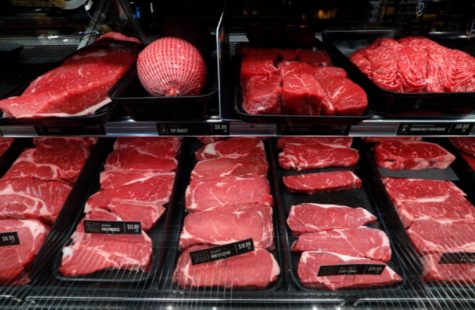If you Want to Better the Planet, Start Eating More Plant-Based

October 18, 2021
When popping a McDonald’s chicken nugget into your mouth, do you ever question where it came from? How did this piece of meat get to being in your hands? The reality that is uncomfortable to imagine is that McDonalds abuses their animals, forcing chickens to stay in a cramped space with nowhere to go, not being able to see the outdoor light or be with their mothers. Or that these chickens are enduring pain for most of their life, being bred to grow abnormally large to maximize profits for meat corporations. Would that chicken nugget sound just as appealing after seeing images of how these chickens are being cruelly mistreated? My guess is probably not. This is just one example of many where corporations are taking advantage of animal welfare to make more money. Eating meat and dairy products negatively affects the world we live in today by contributing to the unethical abuse of innocent animals, adding to the growth of climate change, and leading to unhealthy lifestyles.
The killing of innocent animals is unethical. According to The U.S. Department of Agriculture, 9.76 billion animals were killed in the year 2020. This number is more than the human population currently living on earth. Studies have shown that animals like cows and pigs feel pain and have emotions, similar to humans. This in and of itself shows a problem with slaughtering animals. These creatures are able to feel pain and react to their surroundings, just like people. By using these animals for food on a regular basis, people also tend to disassociate with where their food comes from. Understanding where your food is sourced from is extremely important because it helps with recognizing what choices a person has made in what they are okay with consuming. This is something that is crucial to keep aware of.
Human consumption of animal products is a major contributor to climate change. This has been proven by basic science, and has been discussed increasingly more in recent years. A report from the University of California, Davis states that cows are the leading agricultural source of emitting the most greenhouse gases. These greenhouse gasses contribute to the warming of the  earth and the hole in the ozone layer. As a result of this (along with other
earth and the hole in the ozone layer. As a result of this (along with other
reasons), more people have moved towards eating plant-based foods, also because plant-based options have become more widely available. Impossible
meat and Beyond meat are just two widely known examples of plant-based meat substitutes that imitate the qualities of beef. With more access to these substitutes, a growing number of people will be able to make a switch from eating meat on a regular basis, even if they do not cut it out completely. Small steps are important to start combatting the meat industry.
Eating meat can lead to living a more unhealthy lifestyle. According to Mayo Clinic, eating meat increases the risk for heart disease, stroke, or diabetes. Vegetarians also tend to weigh less and intake more fiber, vitamins, and nutrients from plant-based foods. Additionally, meat is not a necessity to live. Other foods, such as nuts and eggs provide some of the same benefits meat can provide, like getting daily protein. While it may seem difficult to cut out meat and dairy, it is helpful to try and maybe cut out meat for one day a week, or focus on only buying meat from certain sources or not purchasing as much.
Overall, meat consumption is an issue that needs to be addressed because of the lack of ethics, environmental costs, and health issues caused by humans. Doing small things helps, even trying to become more associative with where food is coming from and how it got to where it is can go a long way in helping achieve the goal of bettering the planet.






























